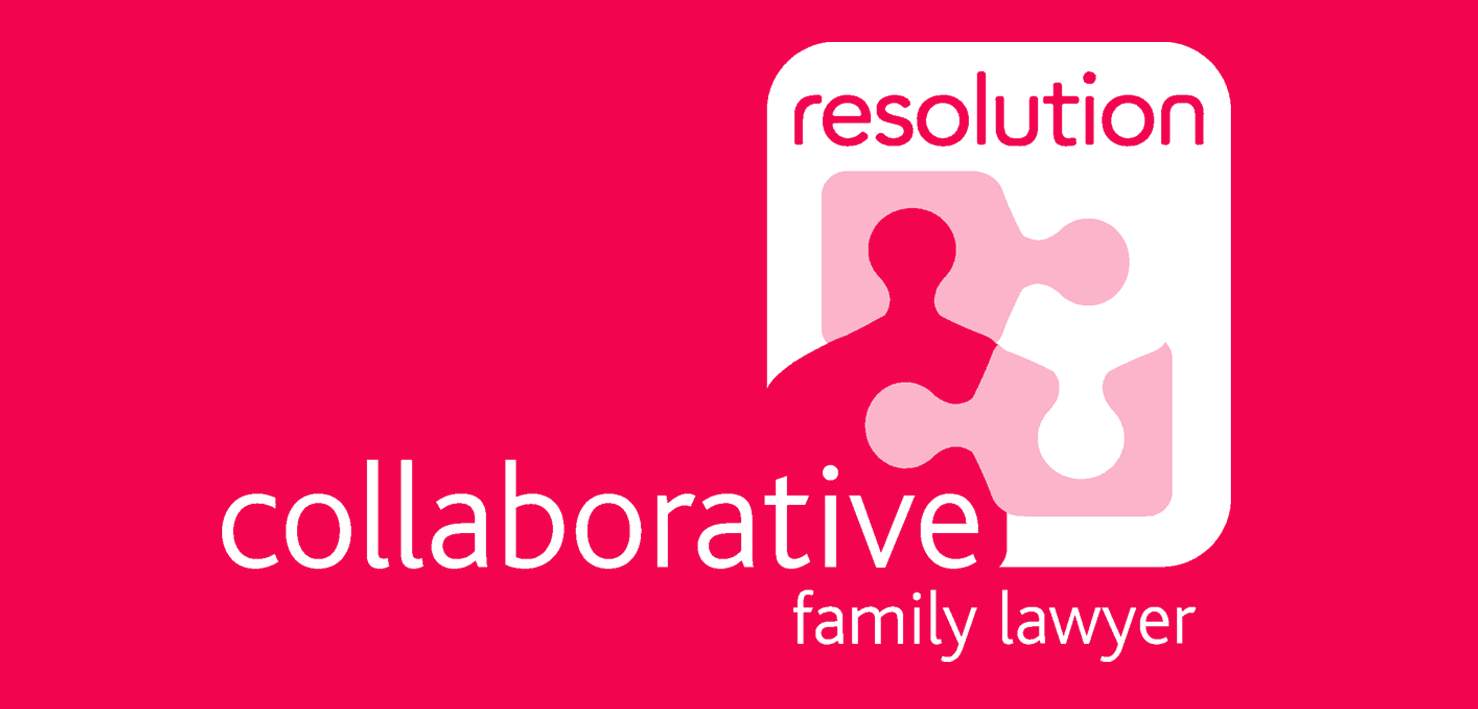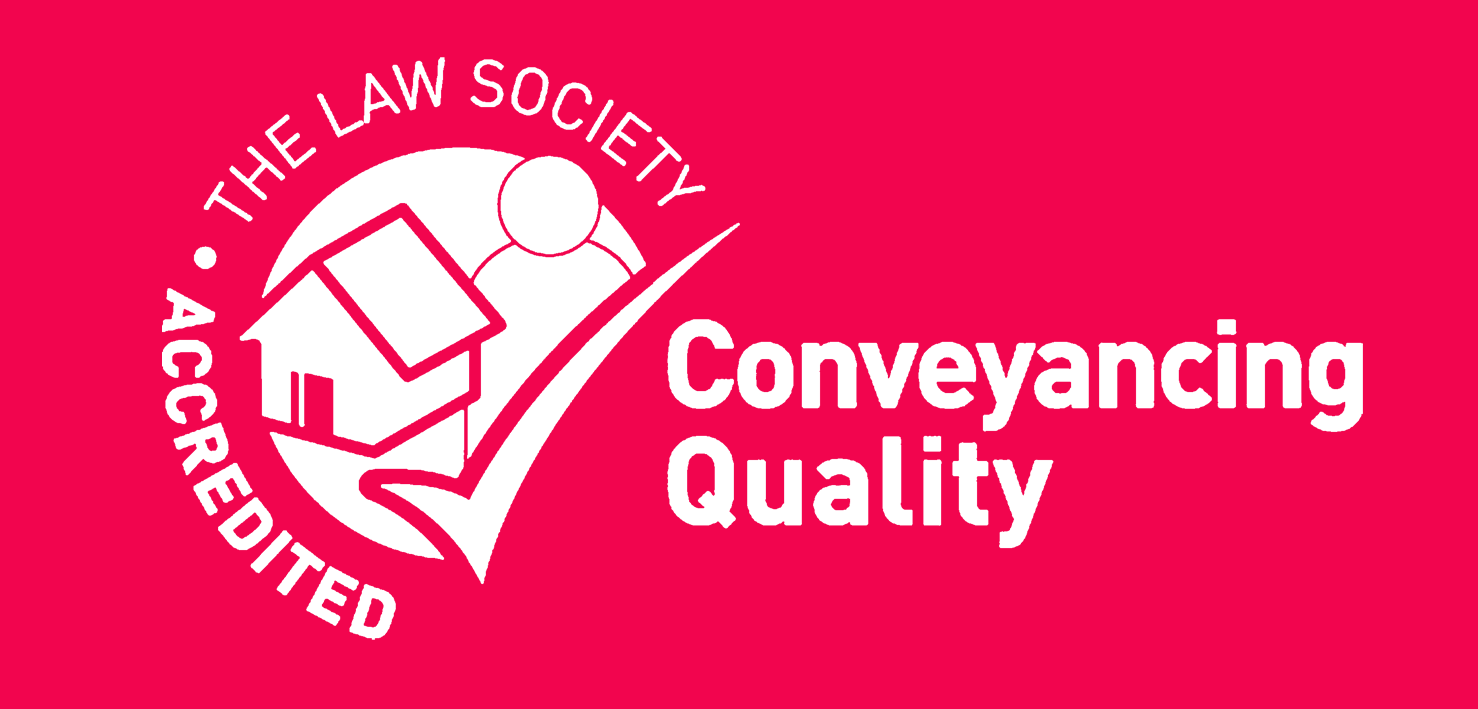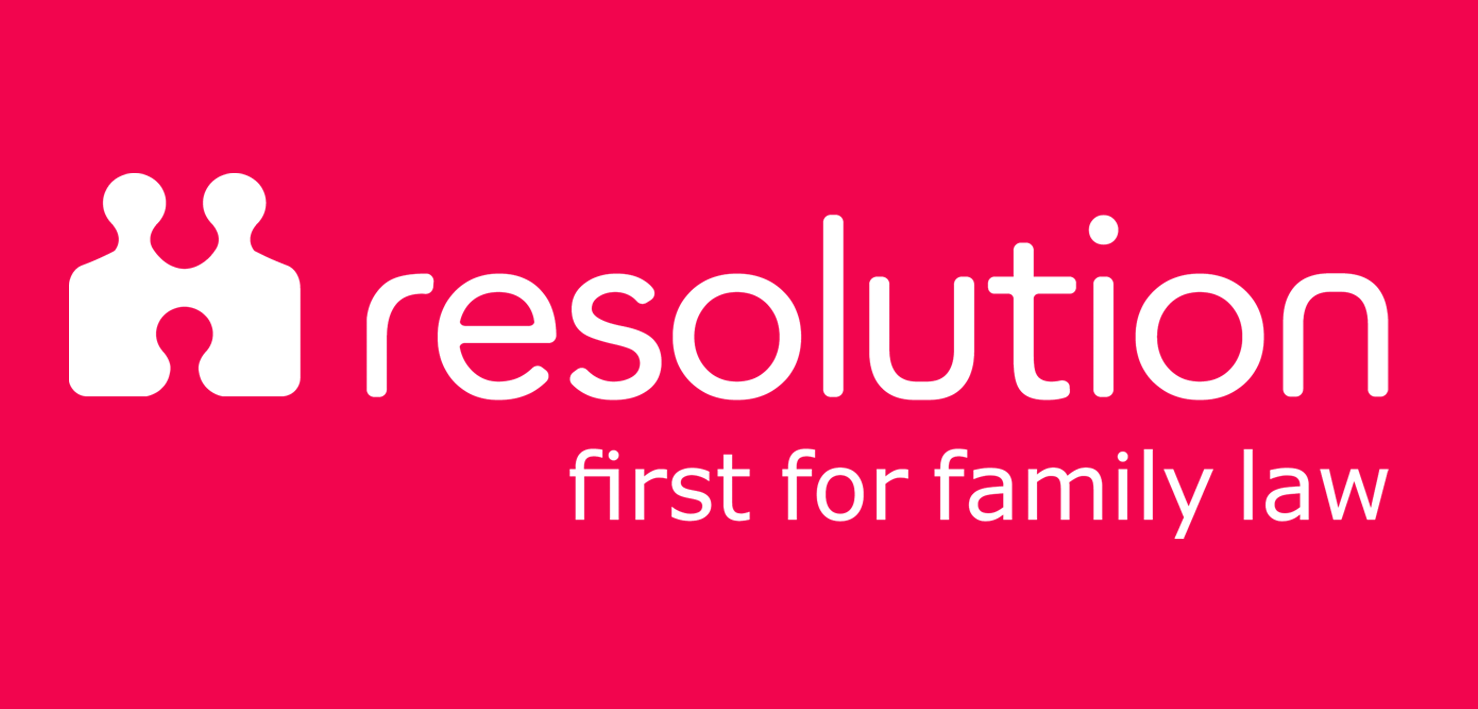What can a discrimination claim be based upon?
Discrimination claims can be based upon sex, marital or civil partnership status, race, disability, gender re-assignment, religion or belief, sexual orientation, pregnancy, maternity leave, or age.
Here is a brief summary of some differences between discrimination and other areas of employment law.
No upper limit
If there is a finding of discrimination, there is no statutory maximum on the amount of compensation that can be awarded.
Qualifying period
An employee does not need to have served a qualifying period of service to lodge a discrimination claim. In fact, even job applicants can bring a claim.
Injury to feelings
There can be an award for injury to feelings in discrimination claims.
Not just dismissal
Discrimination claims can be brought where no dismissal has taken place. So, a claim can be brought by an employee whilst still working within a business.
Three-month time limit
The Tribunal has the power to extend the usual 3-month time limit if it decides that it would be “just and equitable” for it to do so.
Harassment
Claims can be brought for harassment based on discrimination and the procedures are different to those relating to non-discriminatory harassment cases.
Discrimination law can be a difficult area, but our employment law specialists have the expertise to offer your business advice and to deal with any Employment Tribunal claims. Click here to contact a member of our team today.





